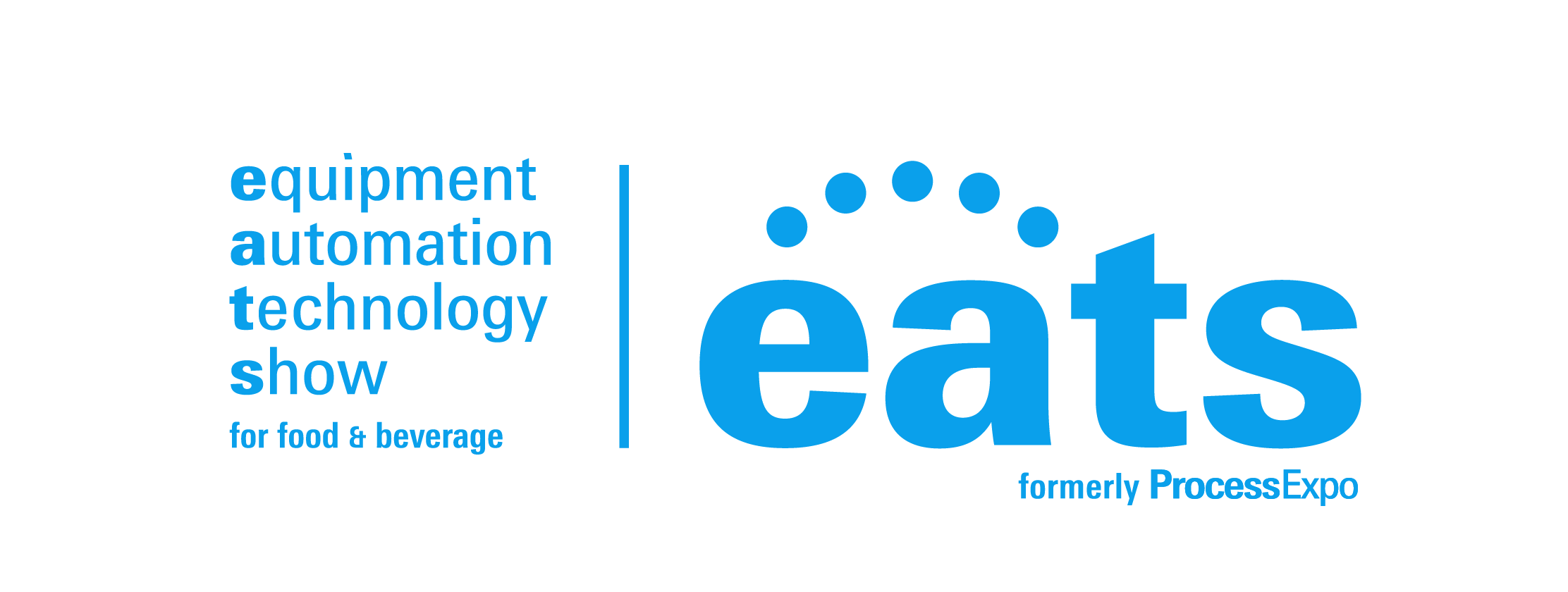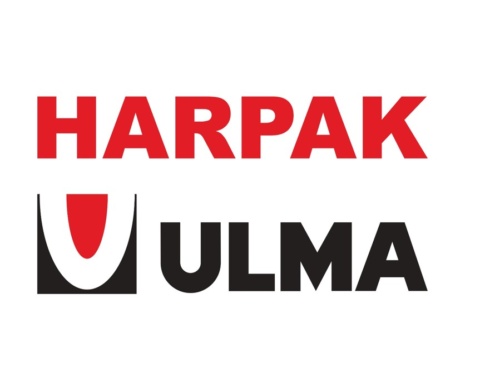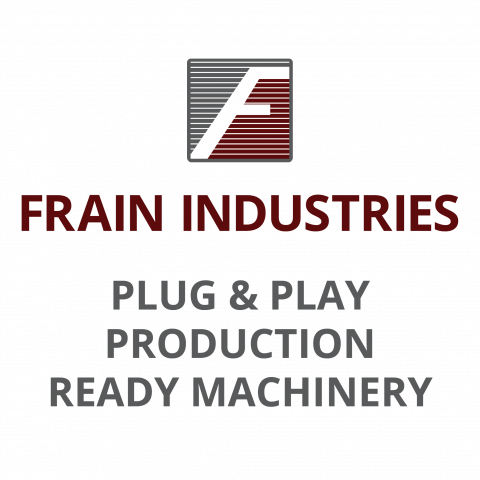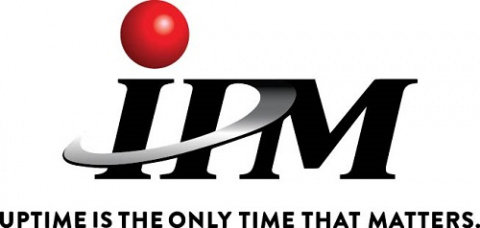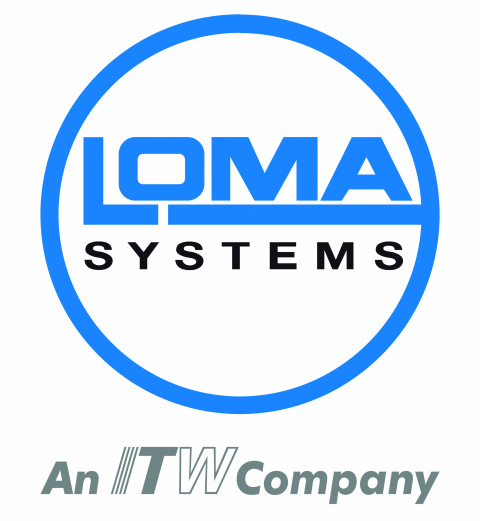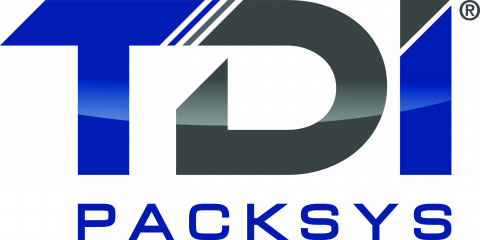

By Matt Riesenbach, Product Management Director, ECI Software Solutions
Key takeaways:
-
Bridging the skills gap: Food manufacturers face a widening labor shortage, with nearly 2 million roles at risk of going unfilled. Reskilling, upskilling, mentorship, and credentialing programs are essential to retain talent and prepare workers for evolving digital and compliance demands.
-
Technology as an engagement tool: Automation and digital tools can increase job satisfaction by removing repetitive tasks and empowering frontline employees through real-time insights. Successful adoption requires transparency, early involvement of staff, and strong change management led by supervisors.
-
Future-proofing through people and processes: Long-term success hinges on combining modern technologies with a culture of continuous training, flexibility, and open communication. Companies that invest equally in systems and their workforce will be best positioned to remain competitive.
It’s no secret that food manufacturers are struggling for staff. As shortages continue, gaps are widening and becoming harder to ignore. According to Deloitte and The Manufacturing Institute, U.S. manufacturing would require about 3.8 million new workers by 2033, with up to 1.9 million positions possibly going unfilled if current trends continue. Recruiting talent remains an ongoing challenge, closely followed by the need to retain staff for the long term. According to PwC’s 2023 Pulse Survey, 71% of leaders identified talent acquisition and retention as a “serious or moderate” risk to their businesses in the years ahead.
Inadequate numbers and lack of continuity in staffing exacerbates the pressures of meeting production timelines and ensuring food safety and quality compliance standards. Meanwhile, the digital revolution is transforming how food is produced, packaged, and distributed. Making sure employees have the knowledge, motivation, and assistance they need to stay current will be crucial to success.
Strengthening the skills pipeline
There is a persistent knowledge gap as a result of the generational shift in manufacturing. Years of practical experience and tribal knowledge are being carried into retirement by seasoned employees, and new hires’ lack of experience fosters an appetite for immediate advancement possibilities, but that carries its own risk. Without the proper learning systems in place, opportunities for motivation and advancement become stifled, diminishing retention.
To bridge this gap, reskilling and upskilling are crucial. According to Bain & Company’s 2024 Factory of the Future research, if employees are ready to adopt digital technologies, lean operations, and sustainability practices, productivity might increase by at least 30%. This entails combining soft skills like flexibility and teamwork with technical training in automation, compliance, and data analysis for food makers. For example, a line worker might need to collaborate across shifts to troubleshoot a packaging machine while also understanding how to operate its automated controls. Similarly, quality assurance staff must not only communicate effectively with production teams but also apply data analysis skills to spot early signs of contamination or process deviations before they escalate.
Clear credentialing to show employees how skill development leads to career advancement is a practical measure that can make a difference. In addition, mentorship programs that link seasoned operators with new hires, and brief, on-demand training courses that fit within shifts are all impactful initiatives to implement change. Beyond improving retention, these initiatives give workers a greater sense of direction.
Engagement through technology, not in spite of it
The improvement of company culture isn’t just about adopting new technologies — it takes a careful approach to balancing employee engagement and future-proofing outdated processes. Automation and digital technologies aid in the removal of low-value, repetitive jobs, which boosts job engagement and increases employees’ satisfaction despite the widespread belief that new technology will displace labor. In one instance, Simply Natural, a subsidiary of TruFood Manufacturing, saw a reduction in warehouse staff from 10 to 7 people following a new, digitalized inventory view implementation.
For example, real-time dashboards that monitor yield, efficiency, or quality allow line workers to make changes immediately instead of waiting for input from supervisors. Employees are enabled to contribute to plant performance in this way. Businesses that actively engage frontline employees in technology rollouts are more likely to experience productivity increases than those that implemented tools without employee input, per BCG’s 2025 AI at Work report.
By encouraging openness, employees will be able to comprehend the rationale behind the introduction of new technologies and how they complement their current jobs. Employee engagement increases and adoption goes much more smoothly when they are shown how valuable digital tools are for their everyday work.
Even well-conceived training initiatives might fail in the absence of efficient change management. Change can be difficult, and resistance is typical in an industry with a strong heritage and established legacy systems. Successful manufacturers concentrate on three strategies:
- Empowering frontline supervisors and plant managers to act as champions who can hasten acceptance across teams
- Involving workers early in the process to foster trust and address concerns
- Explaining the “why” behind the changes so that staff members understand the advantages for the company and what they mean for their own careers.
Therefore, the secret to gaining traction for food producers is to present digital adoption as a chance for expansion and employment stability rather than as a disruption.
Future-proofing the workforce
Operations are being revolutionized by AI, automation, and linked systems, and knowledge-based positions like quality control and supply chain planning are changing due to hybrid job demands. Flexibility can increase retention and expand the talent pool, even if it is restricted to non-production roles.
Manufacturers who embrace constant training, open communication, and flexibility and integrate them into their cultures will position themselves advantageously for long-term success. In addition to operating modern systems, motivated, upskilled staff members actively contribute to innovation and competitiveness preservation.
Food manufacturing’s labor shortage cannot be resolved solely through technology, however — success requires an equal dedication to both procedures and people. Food manufacturers may bridge the skills gap, improve retention, and guarantee that digital transformation adds value throughout the company by making training investments, increasing engagement through transparency, and implementing careful change management. Businesses who invest as much in their employees as they do in their systems will be the ones at the helm of the future food manufacturing industry.
 Matt Riesenbach is the product management director at ECI Software Solutions, a global provider of cloud-based business management software and services. He has been with ECI Software Solutions and its Deacom ERP Software for Batch and Process Manufacturers for nearly 10 years.
Matt Riesenbach is the product management director at ECI Software Solutions, a global provider of cloud-based business management software and services. He has been with ECI Software Solutions and its Deacom ERP Software for Batch and Process Manufacturers for nearly 10 years.

